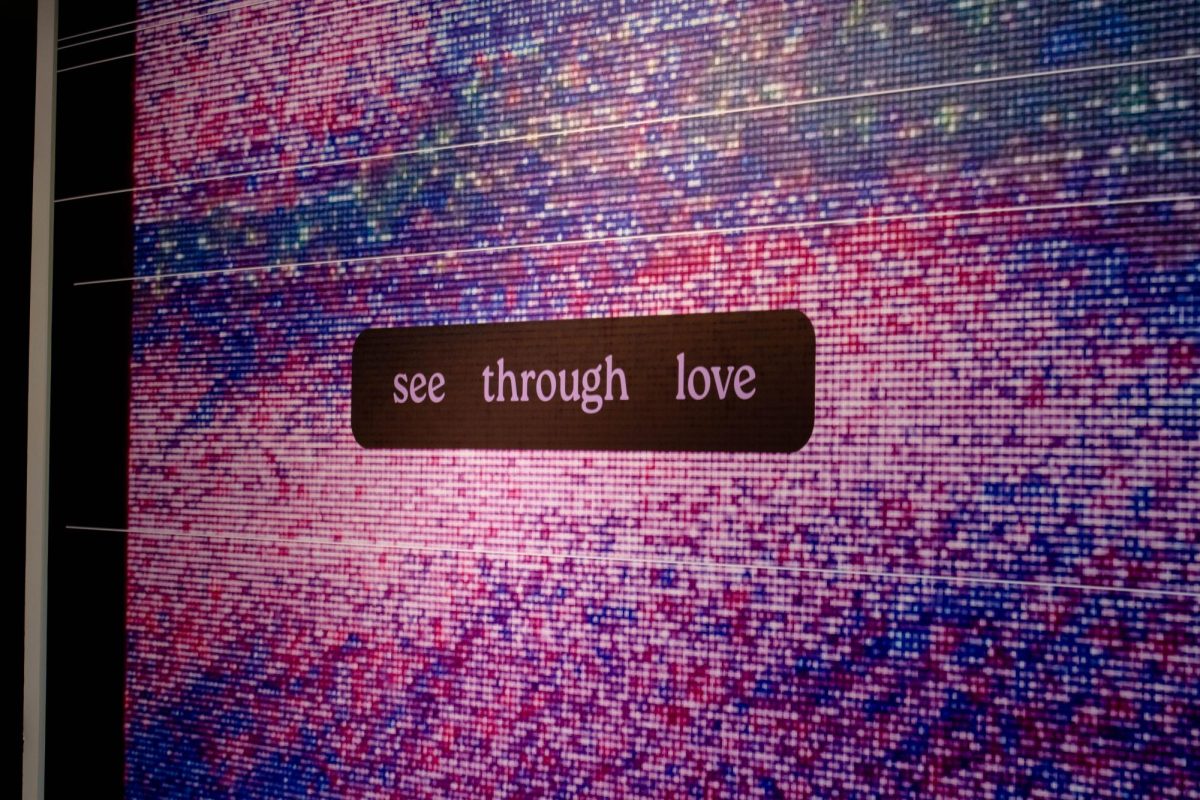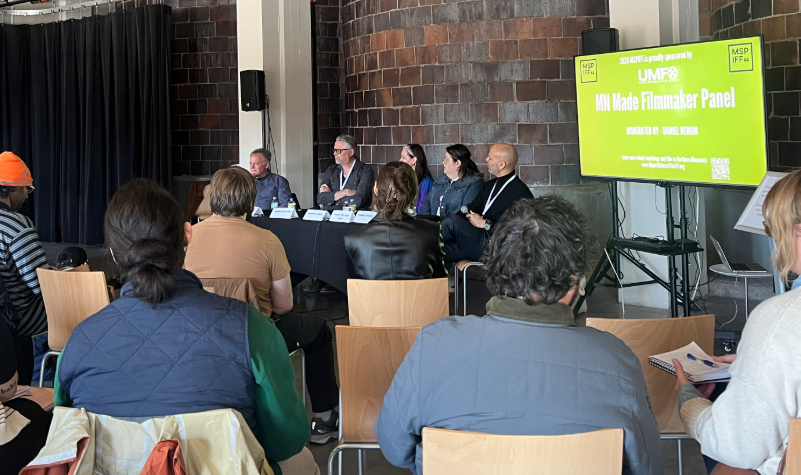Sometimes it’s hard to tell the difference between a beneficial gardening additive and self-defeating rationalizations.
“Bullsh*t or Fertilizer” is a personal reality check machine in one slim 83-page book. Whether the book comes closer to the first part of its title or the second is something each reader must determine for themselves.
“To me, that means, ‘You gotta help ya damn self.’ I can point you to the library but I can’t do your research for you. I present you with my truth because it’s been helpful to me and to a lot of my friends, but I can make no guarantees,” Pierre Bennu writes in his opening pages.
Bennu’s tone and style is very straight to the point – cutting through complicated, mystical language we find in much self-help literature and focusing on the important facts of life.
Bennu begins in an exasperated tone that mirrors what a harried mother might say to her bratty children. He quickly switches to humorous sarcasm in which he tries to discipline the reader.
“Bullsh*t or Fertilizer” attempts to wake readers from the twisted money-centered lifestyle that plagues so many people in our society, and to persuade us to begin taking steps toward the self-evaluation of life goals.
“Fun is mandatory. Make sure what you do is fun for you, or you won’t ‘make it.’ Work to keep it fun,” Bennu writes.
Bennu’s only misconception is that all readers like to read a book written by their mother. In the 83-page book, the first 25 pages were captivating because of outrageously straightforward remarks like, “This book is not for stupid people.” Hoary truisms like “birds of a feather flock together” are interspersed throughout the book’s underlying messages. As useful as it is to know about societal problems, the book offers no reasonable solution to the problems it identifies.
Yes, there are writing exercises in the book that encourage you to feel happy about yourself, but these solutions are things we already know how to do, and for the most part, have been doing. Everyone knows that when you are nervous about public speaking you should picture the audience naked. Was this a good use of space in a book that claims to cut through extraneous business?
After enough of these blunt remarks, the reader begins to worry about where the tangent ideas will come together, and how the book is supposed to complete its goal of giving the reader a pep talk, rather than a course on sociology.
“We live in a violent, ugly(,) beautiful, peaceful(,) chaotic world that needs you right now,” Bennu writes.
Agreed.
But what can we do about it? According to Bennu, we should make a list and never talk bad about people. That will solve the world’s problems.
Whether the book should be taken as truth or not is completely dependent on what you want to get out of it. If you are looking for a fun read that does not necessarily apply to you, but is informative and reaffirms what we already know, then lay that stinky fertilizer down and watch your lawn grow. But if you are expecting this book to change your life in some amazing way, then you’ll be waiting a long time for those roses to bloom.







